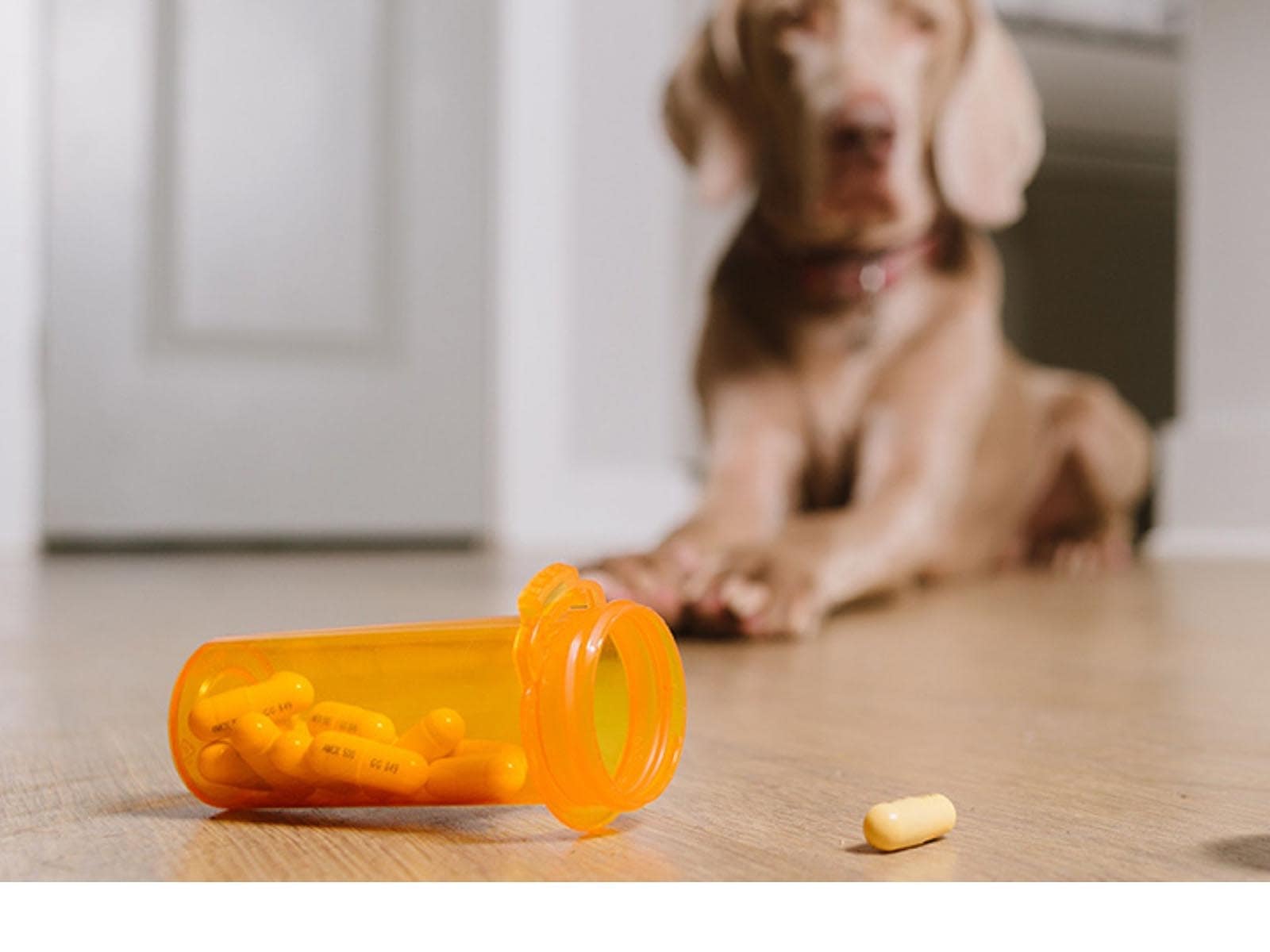
Why synthetic supplements are harmful for your pet and how to replace them!
You feed your pet supplements thinking you are helping them - whether it’s a supplement that promises to deliver calcium, vitamins, omega 3 or just help the gut. But what do these supplements do that promise to replace a natural diet?
The simple and sad truth is, laboratory-derived synthetic vitamins and other nutrients added to food and supplements just can not nourish your pet the way real food can. In fact, synthetic supplements and nutrition will ruin your pet’s health long term!
How, you ask? The cell receptors in your pet’s body can become clogged with these synthetic nutrients which can cause a number of health issues over time. The clogging can hamper the absorption of healthy nutrients from whole-foods as well.
Whole foods do not just supply a single ingredient, they combine nutrients, vitamins, minerals, enzymes that allow for the body to use it easily and fully - that is why pets on real food have smaller poops than pets that eat kibble or processed foods - most of what they eat is utilised and there is less waste coming through the body.
So, help your pet get extra, absorbable nutrients by making these easy changes from synthetic to densely packed whole food sources:
Ditch: Vitamin Supplements / Liver Syrup
Go for: Organ Meat
Organ meats are super nutrient-dense foods for your pets. Adding a wide range of organ meats is a fantastic way to give your pet more vitamins, minerals and amino acids. You can also read about why you should never skip organ meat in your pet’s diet on our blog.
Make sure to source ethically and from farms if you can - remember, healthy animals provide healthy nutrition.
Ditch: Calcium Supplements
Go for: Raw Bones
There are many different forms of calcium like calcium carbonate, calcium citrate, calcium chelate and more. These man-made synthetic forms of calcium will damage your pet's health, posing the risk of calcification of arteries and leading to heart problems.
Instead feed your pet a bone - that has more than just a dense dose of real calcium, it actually supplies the perfect ratio of phosphorus along with it so your pet can absorb and make use of it all and thrive. And if your pet has tooth troubles or is not big on chewing, you can opt for our Bone Powder Supplement made of ground poultry bones!
Calcium is so plentiful in food that there is no need for synthetic supplements!
Ditch: Skin & Coat / Omega-3 Supplements
Go for: Fresh / Dehydrated / Canned Fish
Most kibble diets don’t contain enough Omega 3. Even if they’re on the ingredient list, most omega-3 is lost with heating and processing. In fact, processing can produce hydrogenated or trans fats, which over time can also cause cancer.
Omega-6 and 9 fatty acids are inflammatory - they are needed but they need to be balanced by adding omega-3 fatty acids which are anti-inflammatory. Kibble-fed dogs need to eat omega-3s in addition to the processed food for a healthy balance.
Fish oil is what most people think of to give omega-3 fatty acids. But like we mentioned in this blog from a few weeks back, fish oil supplements can cause more harm than they help!
Fresh fish like sardines or mackerel can be a great way to give your pet some extra omega-3 fats. Canned fish is a fine option too - just remember to go for the ‘packed in water’ kind. You can also opt for dehydrated fish or Omega-3 Supplement from Canine India - they’re much easier to store and handle - in case sourcing / handling fresh fish is difficult for you!
Ditch: Vitamin-D Supplements
Go for: Fish, Liver and Eggs
Vitamin-D is an extremely complex nutrient that is also classified as a hormone that scientists still can't really define. Humans can produce Vitamin D3 from sunlight which our pets can not, so we need to supply it to them in the diet.
Vitamin-D Supplements can be dangerous and should not be fed as it is easy to overdose causing kidney failure and even death. Synthetic Vitamin-D is used in rat poison because it attacks the central nervous system.
So instead of Vitamin-D supplements, just feed your pet some whole Sardines or Mackerels, Liver or even whole Eggs.
Ditch: Joint Supplements (Glucosamine & Chondroitin)
Go for: Cartilage rich foods (trachea, tendons, feet / trotters, etc)
Instead of feeding a synthetic supplement the best joint help is to feed cartilage lined / rich foods. There are plenty of foods that contain more than enough glucosamine naturally and perfectly absorbable - for example Tracheas - one Beef Trachea will supply 2-3 days worth of Glucosamine and Chondroitin to your medium sized dog, a Turkey Trachea will do the trick for your cat or small dog. Tendons are also a fantastic choice and chock full of these natural nutrients for joints and hips, plus they also brush teeth ;)
Bones and Feet or Trotters are extremely dense in Glucosamine and Chondroitin as well - there are so many options that will make your pet healthy and happy as opposed to the synthetics. If you are looking for a boost for joints that also help with inflammation - you can go for Fish Cartilage or Duck - Feet, Necks or Tracheas, these are anti inflammatory and stuffed with Glucosamine and Chondroitin as well as Omega 3 (Fish). If your dog or cat is not big on chewing or has tooth troubles, you can go for our Joint Relief Supplement made of nothing but ground duck bones!
If you'd like us to do more of these ‘switch it for the real deal’ blogs - let us know!
You can also watch our YouTube video on the topic right here:

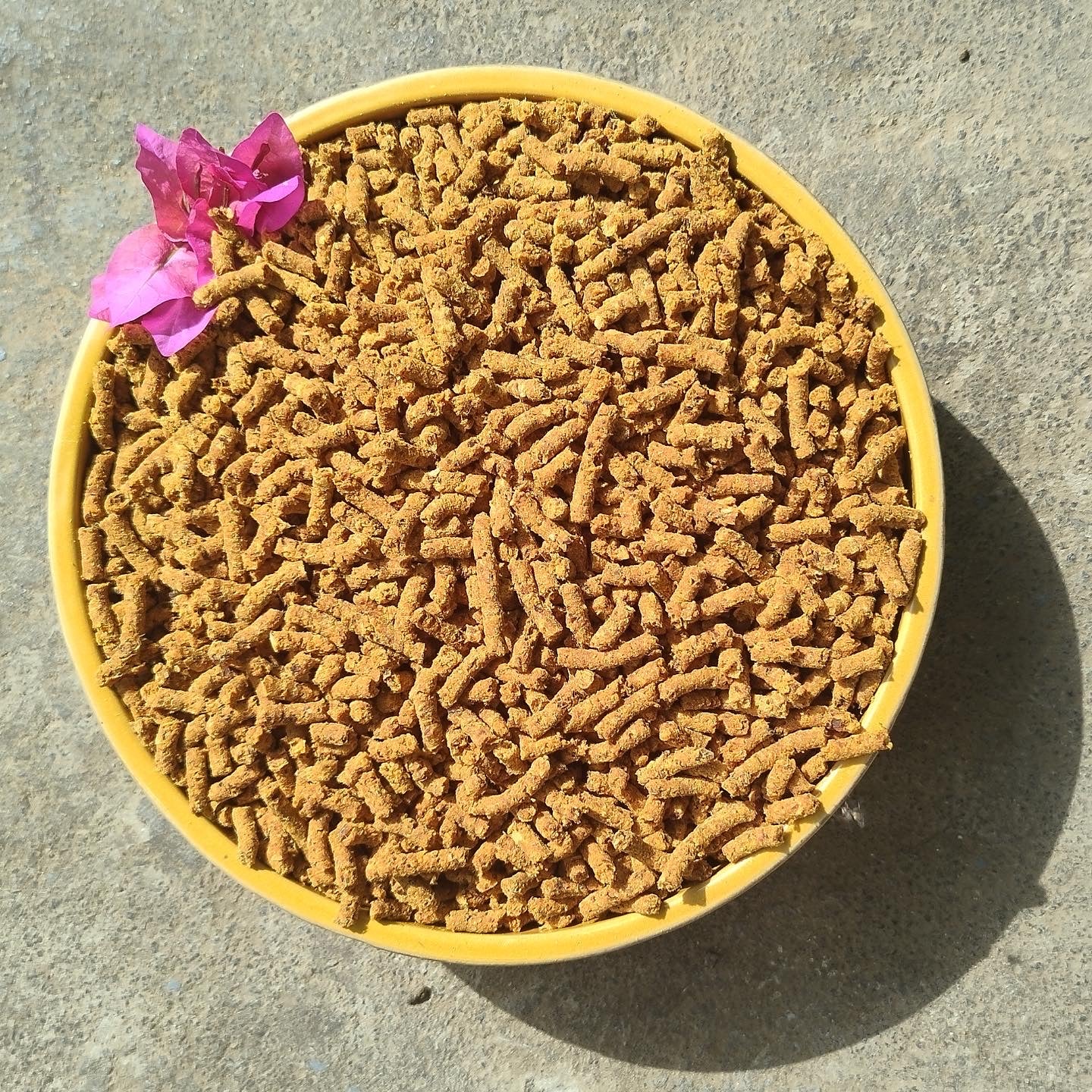
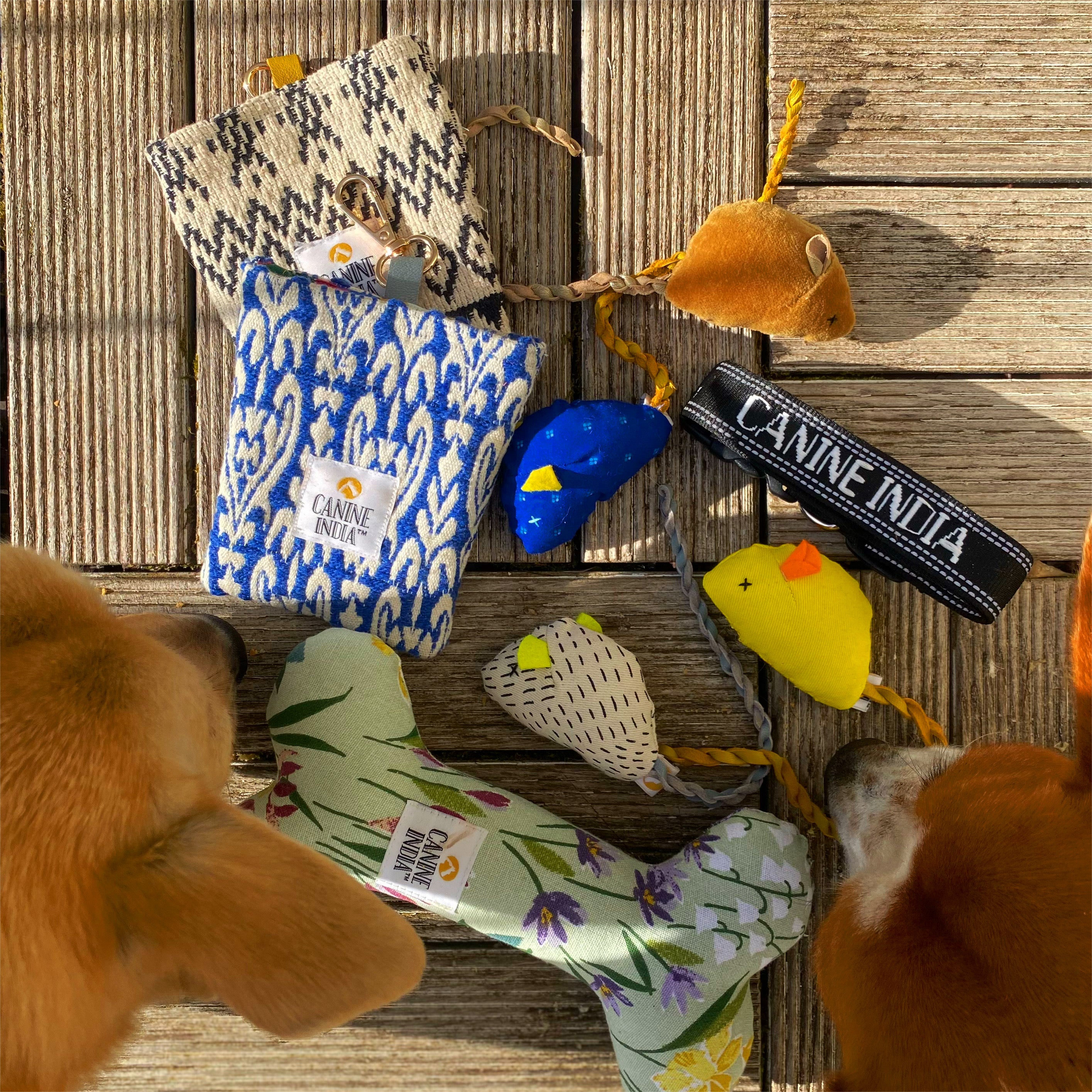

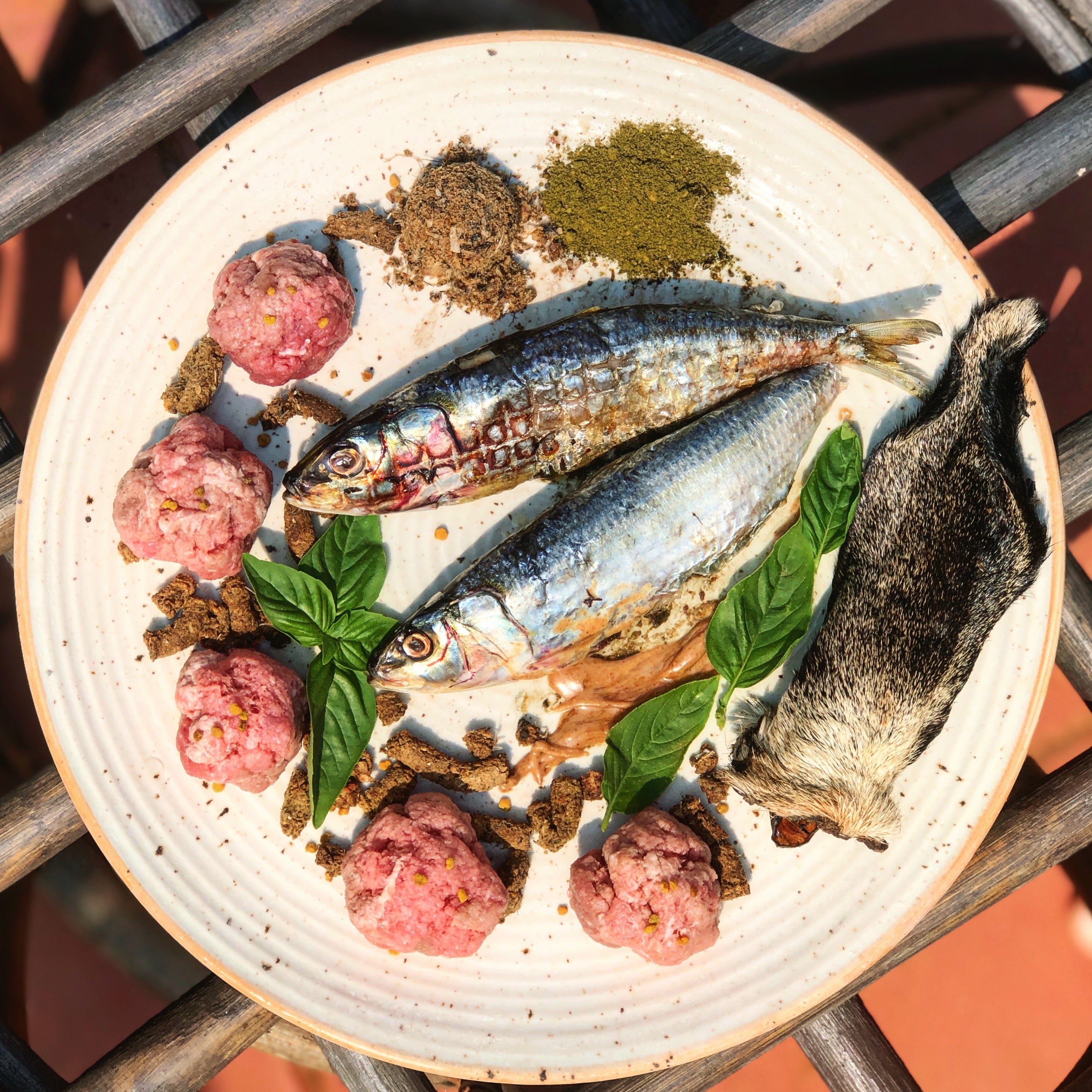
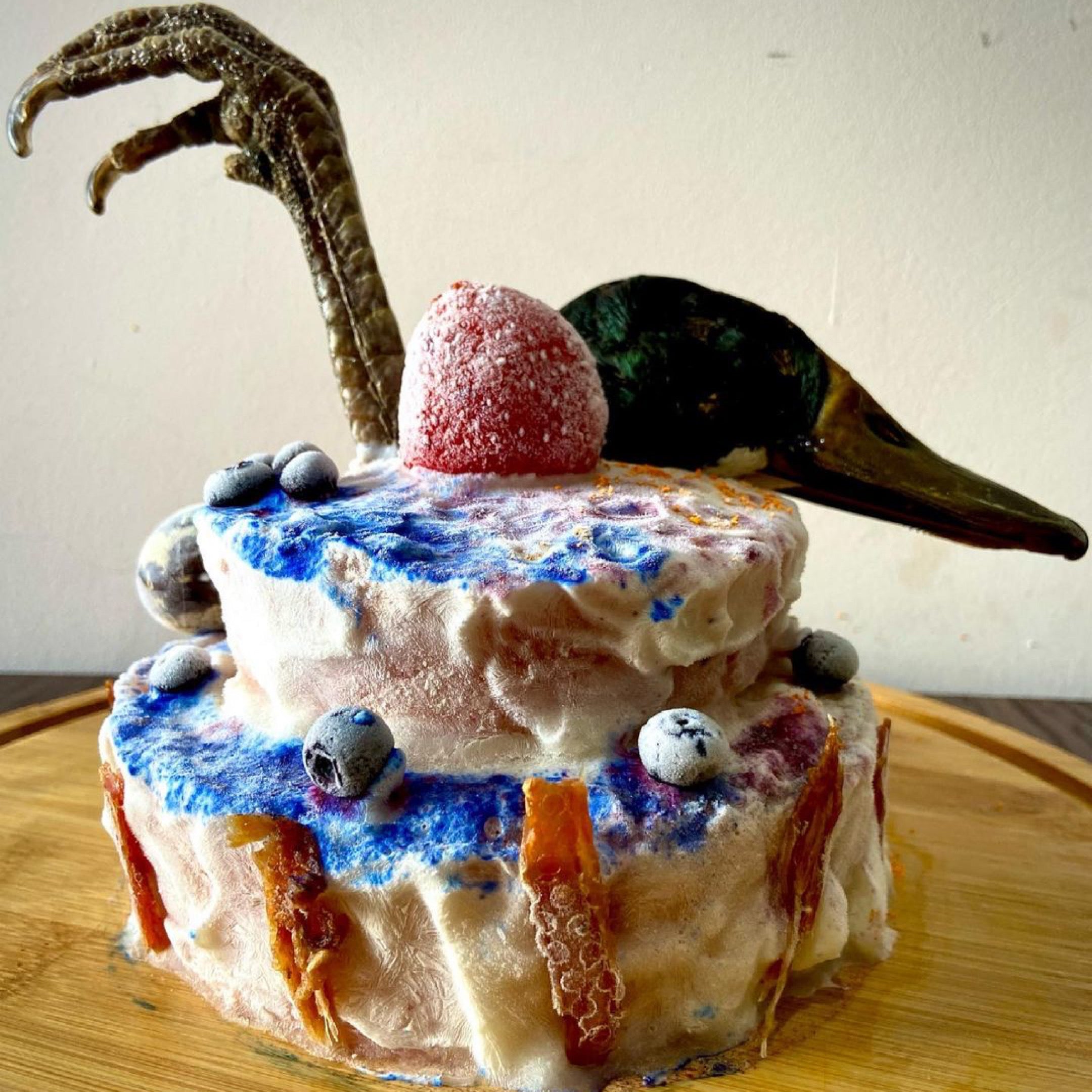


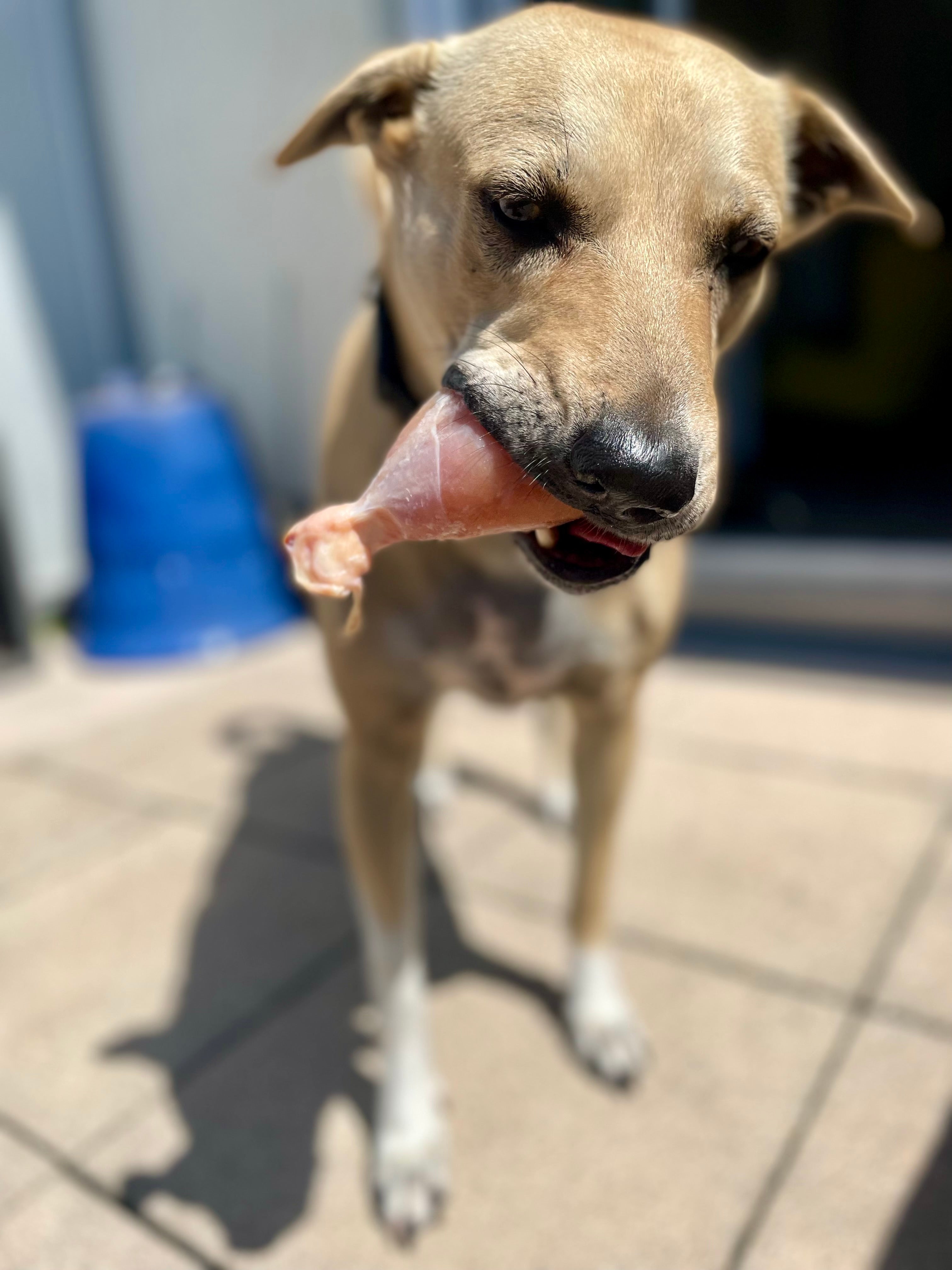
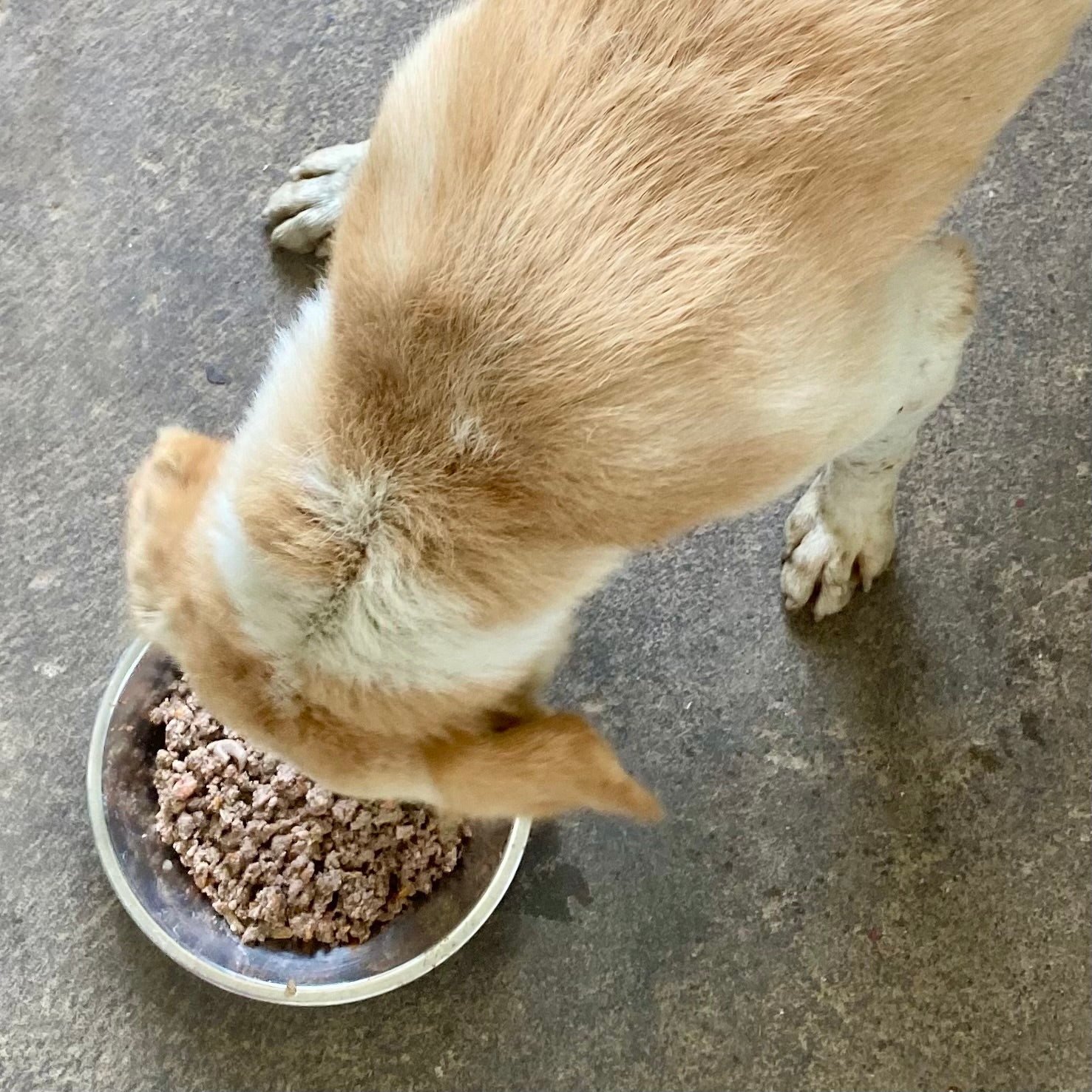
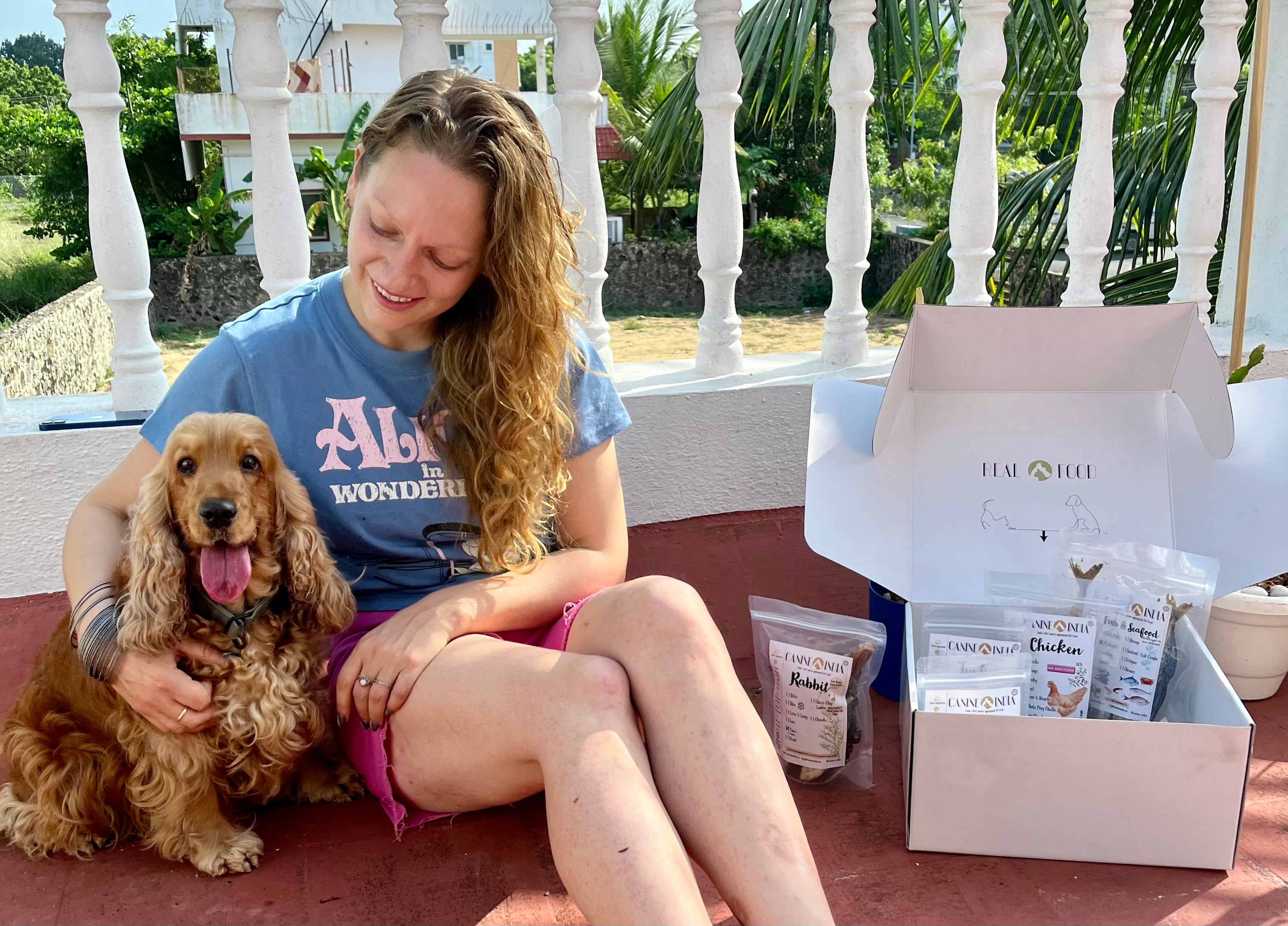

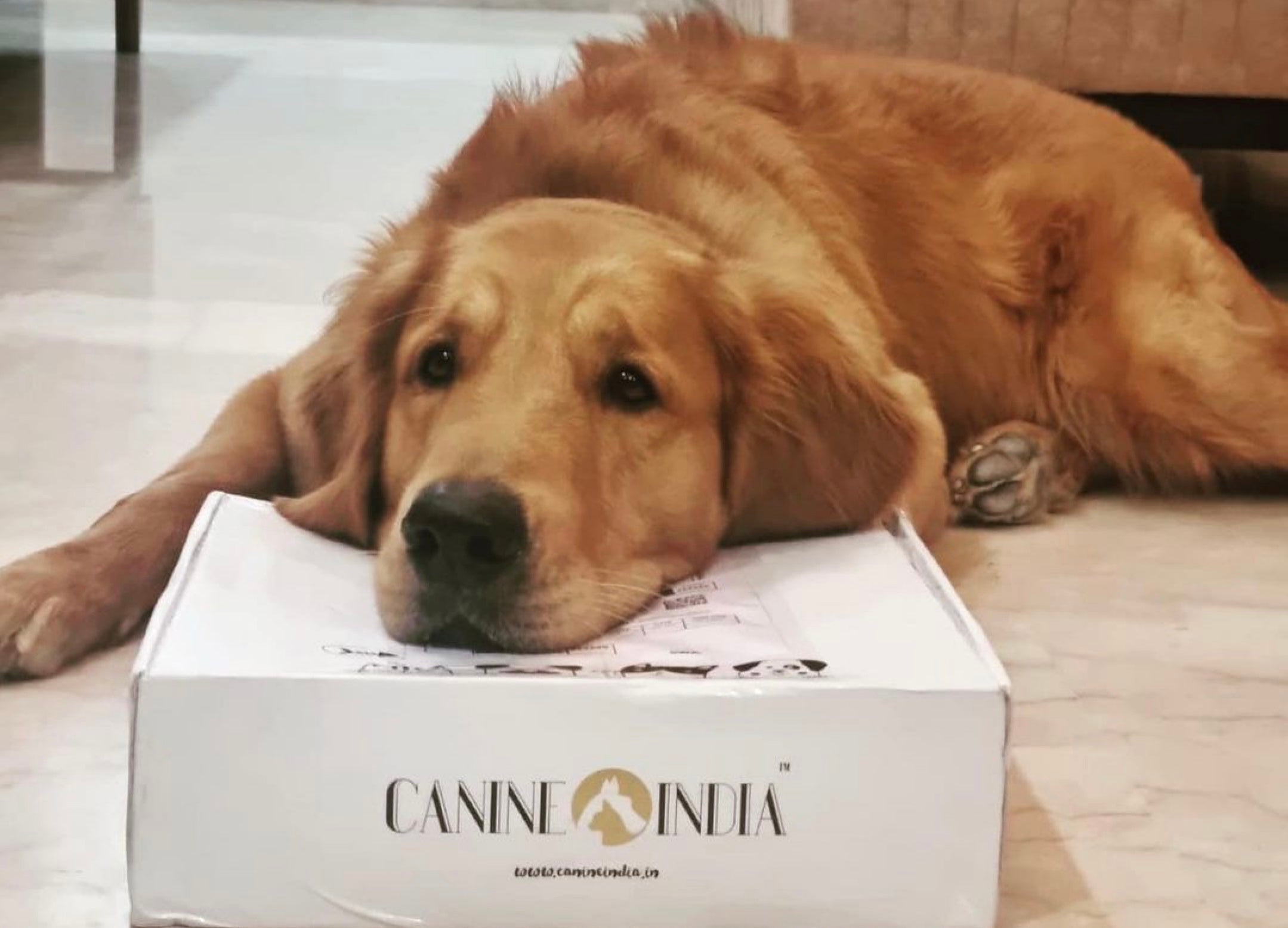
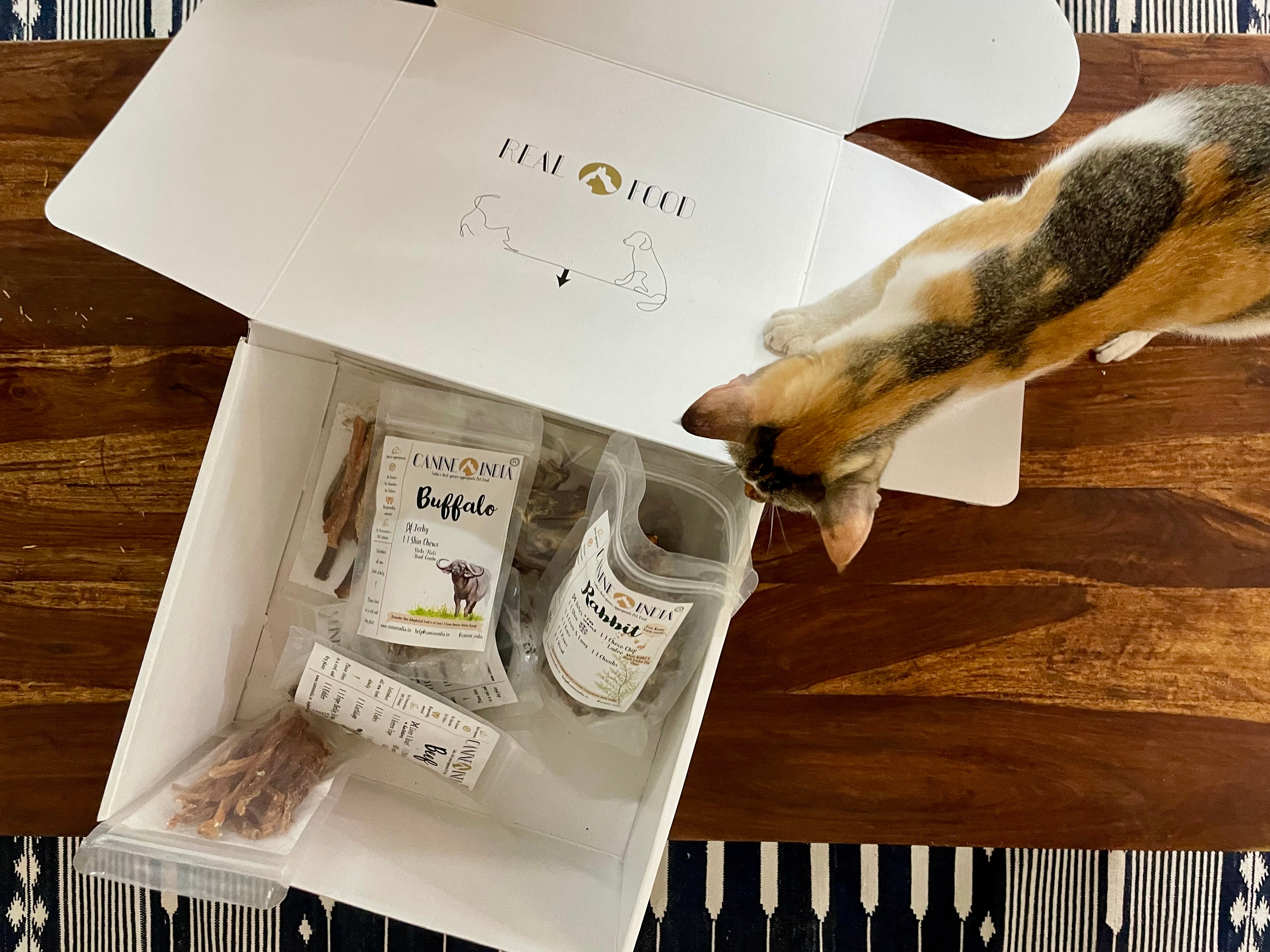


Leave a comment